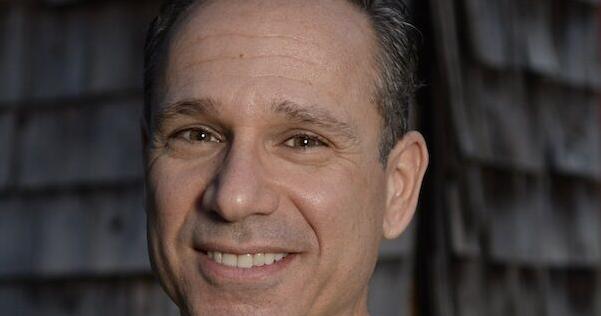Andrew Reiner: Mental health epidemic threatens young adults | Chroniclers
For a decade we’ve seen peaks in anxiety and depression among Millennials and Gen Zers, but it’s clear the pandemic has amplified this epidemic. A study conducted at nine universities found that 35% of undergraduates and 32% of graduate and professional students suffered from major depressive disorder, while 39% of both populations suffered from chronic anxiety. (These rates of depression are twice as high as in 2019, while anxiety levels are 1.5 times higher.)
And a study from the Centers for Disease Control and Prevention found that 66% of young adults without a high school diploma struggled with at least one unwanted mental health symptom. Students of color, from low-income backgrounds, with an LGBTQ + identity and / or those who have struggled with the hub of online education suffer the most from these forms of mental illness. The same study from the Centers for Disease Control and Prevention found that young adults between the ages of 18 and 24 were the demographic group most likely to have thoughts of suicide, especially men.
If that all changed with the vaccinations, that would be great. But it won’t. A 2020 longitudinal study by British researchers found that the mental health consequences of feelings of intense loneliness can last for up to nine years in children and adolescents.
Despite their best efforts, most college counseling and wellness centers are failing to meet the needs of students during this epidemic. A survey of nearly 19,000 students found that 60% of respondents felt their schools were not providing the mental health care they needed and wanted. Of the 42% of students who sought care, 60% said it was difficult to access.


Comments are closed.